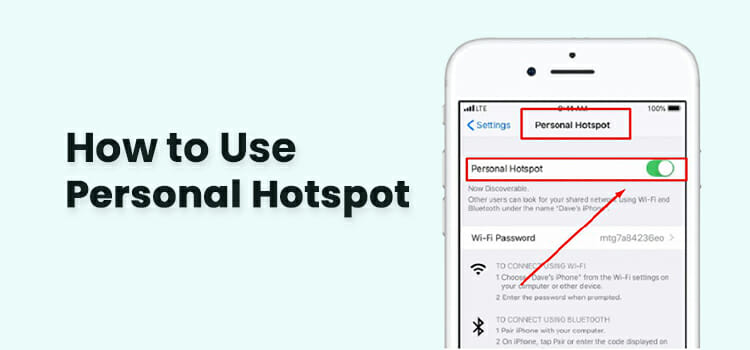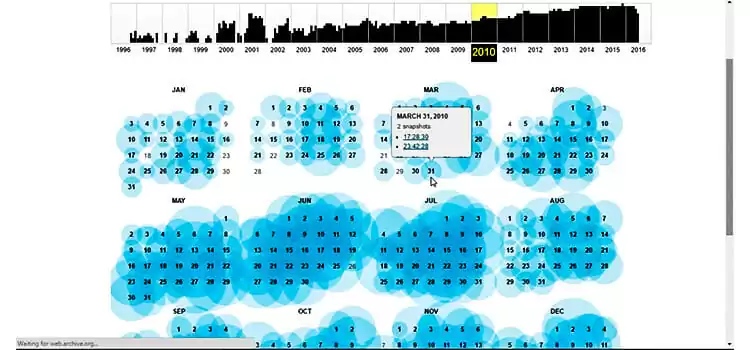What Type of Internet Provider is Best for Your Home Needs?
When it comes to choosing an internet service provider (ISP) for your home, it’s worth taking some time to research your options, as not all providers offer the same quality or type of service. Use the guide below to help you identify the best ISP for your individual needs, to both save money and access the features and perks you want.

Think About Your Usage Needs
To get started, ascertain how you and your household use, or anticipate using, the internet – so, consider the speed you require and whether a limited or unlimited package is right for you.
As a rough guide, if you’re only a light user with a single device, and you use your connection to, for example, check your emails, stream in HD, and read news articles online, then a speed of 5Mbps, or even lower, will be adequate for your needs. On the other end of the scale, if your household is running more than ten devices, streaming in 4K, gaming, downloading content, etc., and you don’t want to experience any slowdown, then a connection speed in the range of 500-1000+ Mbps is what you should be looking for. For super speeds of up to 1Gbps, consider a provider such as Metronet; this option features a Whole-home Wifi system, meaning that you’ll no longer encounter ‘dead’ zones in the home. Read Metronet reviews here for more information on this provider and the other benefits that it can deliver.
To further help you get a good idea of the connection speed you need, bear in mind that streaming content in 4K will need you to have a download speed of at least 25Mbps for best quality and consistency. As a useful rule of thumb, you’ll also need about 25Mbps per person in your household.
Factor in, too, how many smart home devices will be using your internet connection, as these can use a significant amount of bandwidth, particularly surveillance devices that are streaming data constantly.
Compare Pricing and Plans
Once you’ve figured out your usage and speed requirements, it’s time to assess the plans and prices offered by various ISPs. A price comparison site may be helpful to you, although it’s important to keep in mind your expected usage to make sure that you don’t end up paying for features you don’t need. For example, if you’re a light user, then paying a premium price for unlimited data may not be money well spent.
As well as checking the data caps applied by the providers you’re considering, have a look at what additional charge you’ll incur for going over the data limit, as well as any other costs, such as installation and equipment charges.
You’ll need to decide, too, whether you’re happy to be tied into a contract, or would rather ‘pay as you go’ – the latter option can mean you’ll end up paying more every month but allows you to switch suppliers at any point without incurring a charge, so could work out less expensive in the long run, if you’re good at switching whenever a better deal becomes available elsewhere.
Assess Customer Support Provision
As part of your decision on which ISP to opt for, also think about the level of customer support you’d like to have access to. For example, is it important that you are able to contact a member of support staff any time of day or night via the telephone, or are you happy to discuss an issue via live chat or email? Have a look at the providers’ websites to find out the nature of their customer support and the ways you can access it.
Checking plenty of reviews of the ISP from both past and current customers is a good way to assess the quality of their customer service support, as well as to get an overview of the quality of the service you can generally expect.
Extras and Discounts
As part of making a choice regarding an ISP, you may also wish to consider any extras or discounts available. Some suppliers may offer you a free or significantly discounted period when you first sign up, although it’s worth being very sure about what the per month cost will be when the discounted period ends, as they can rise considerably.
Some providers may offer extras such as free equipment, firewalls, virus protection, or other software, so think about your needs in this regard, too.
And Finally!
If you’ve found a supplier that you think fits your home internet needs perfectly, but you’ve seen a similar package elsewhere at a cheaper cost, then it is well worth having a go at haggling! You may be surprised at how many suppliers are prepared to offer a discount to secure new customers and are willing to price-match to do so.
Researching your options when it comes to finding a new internet service provider, is important to ensure you get the best deal for you that will allow you to access content and services in exactly the way that you – and your household – want to.
Subscribe to our newsletter
& plug into
the world of technology





